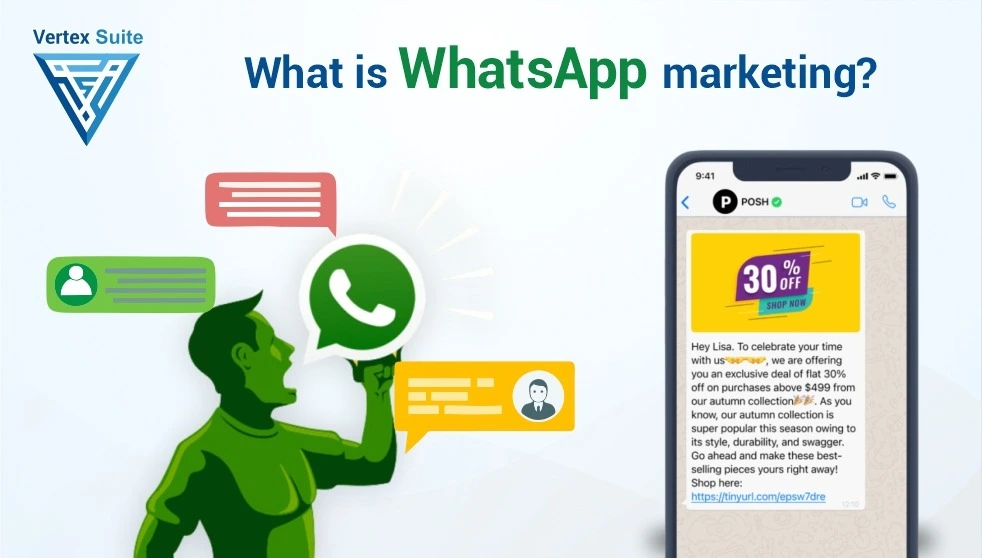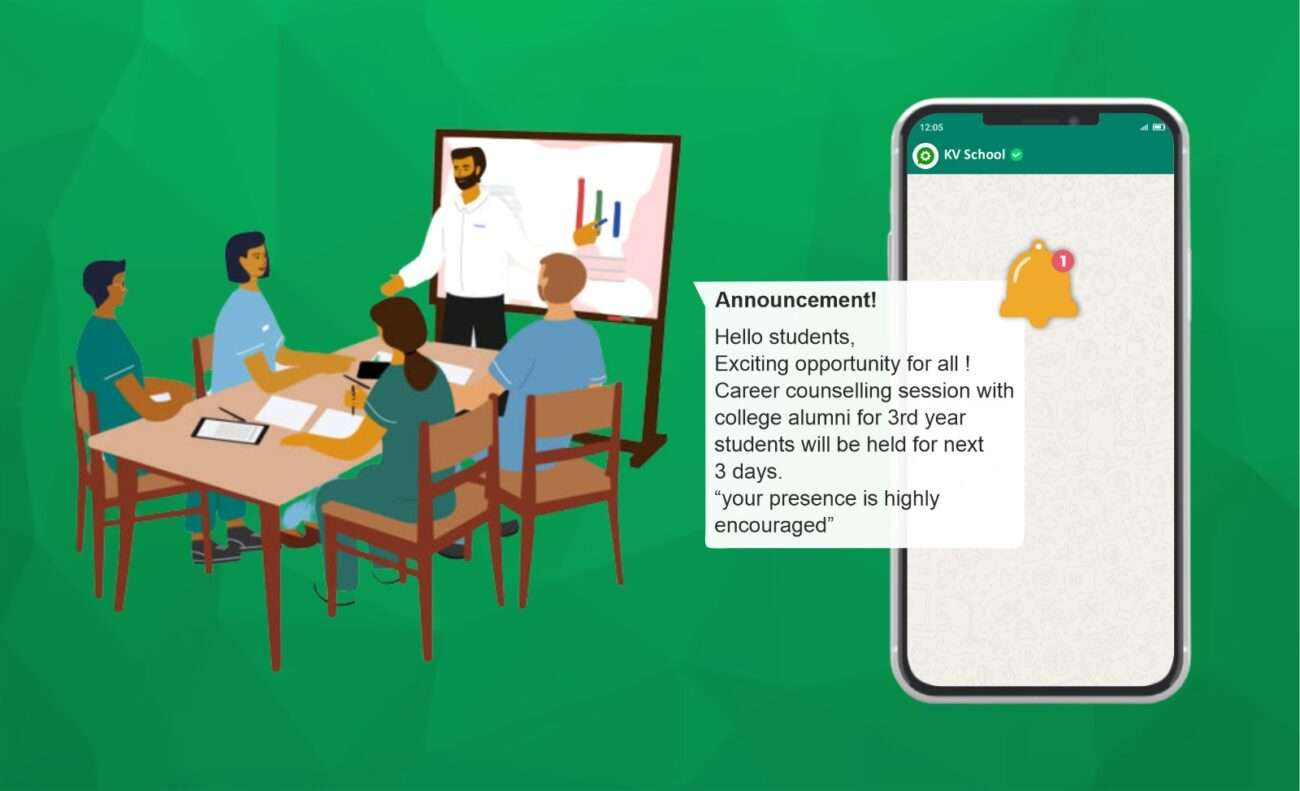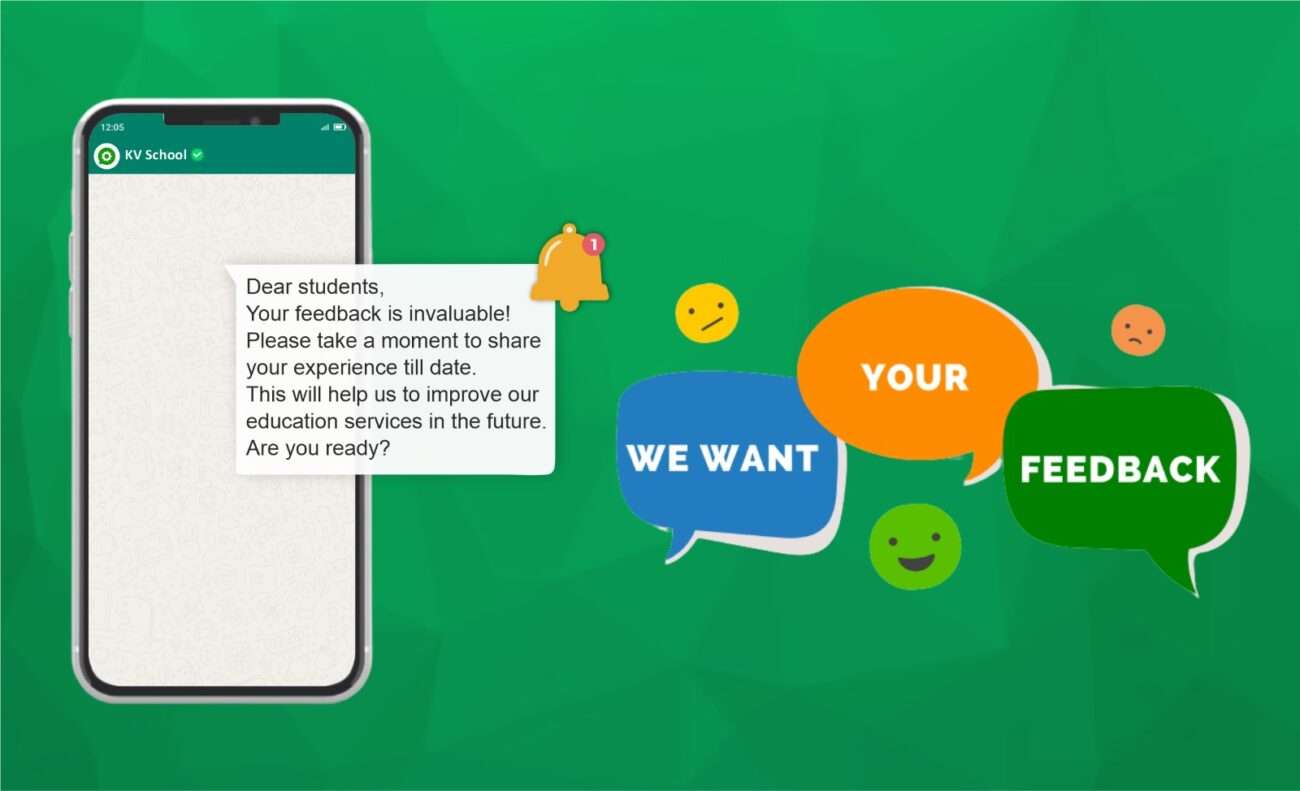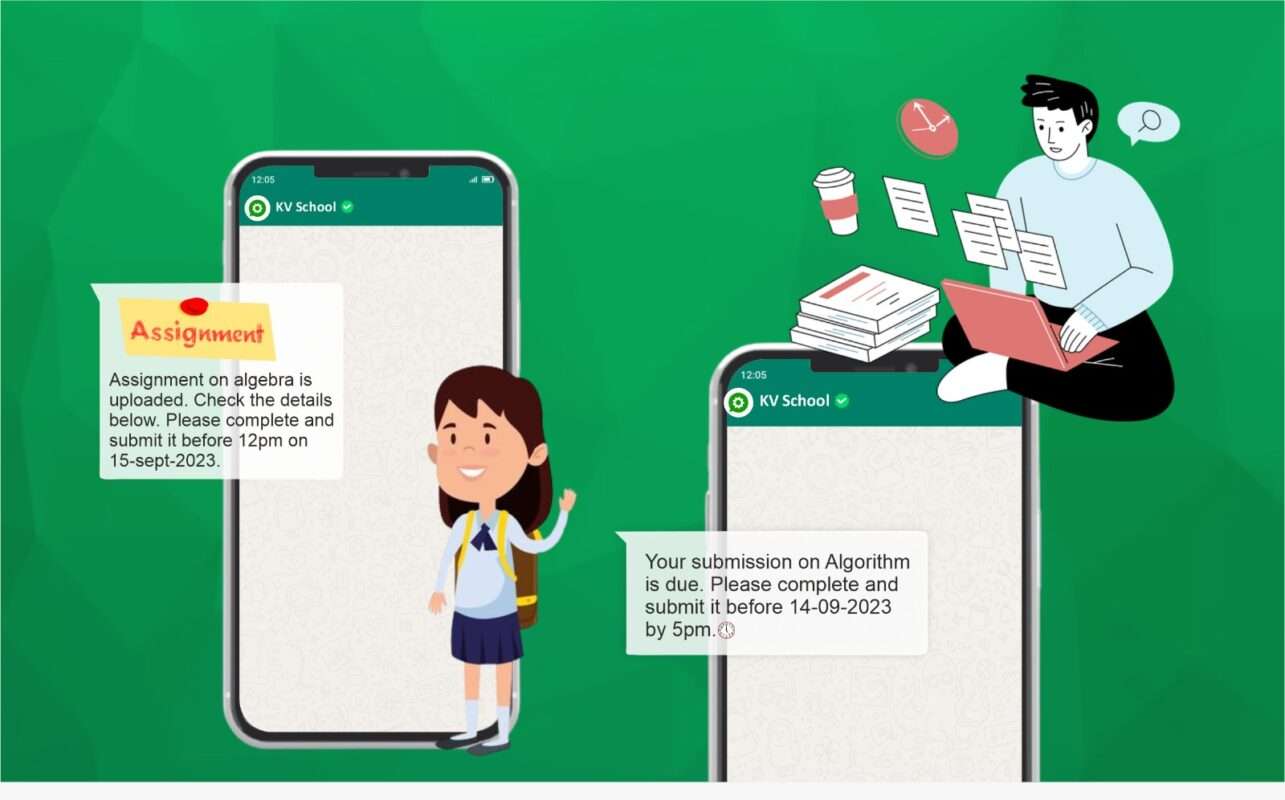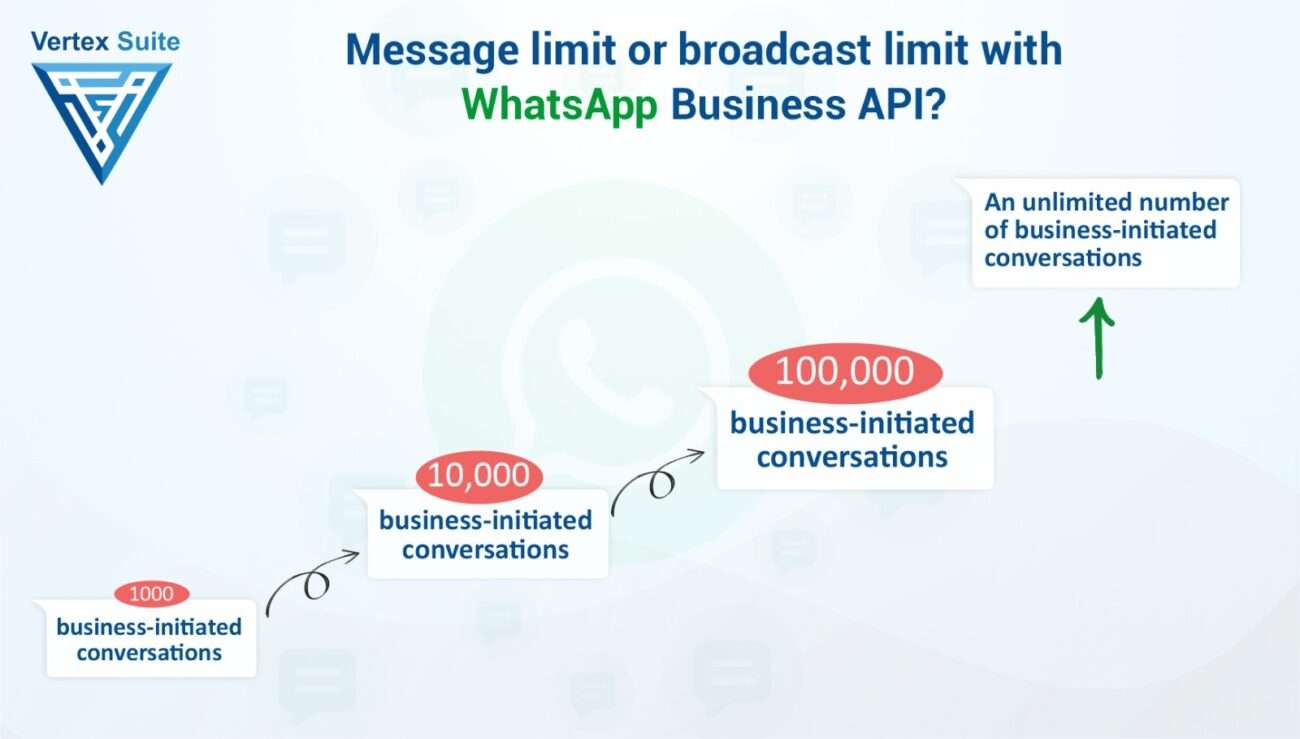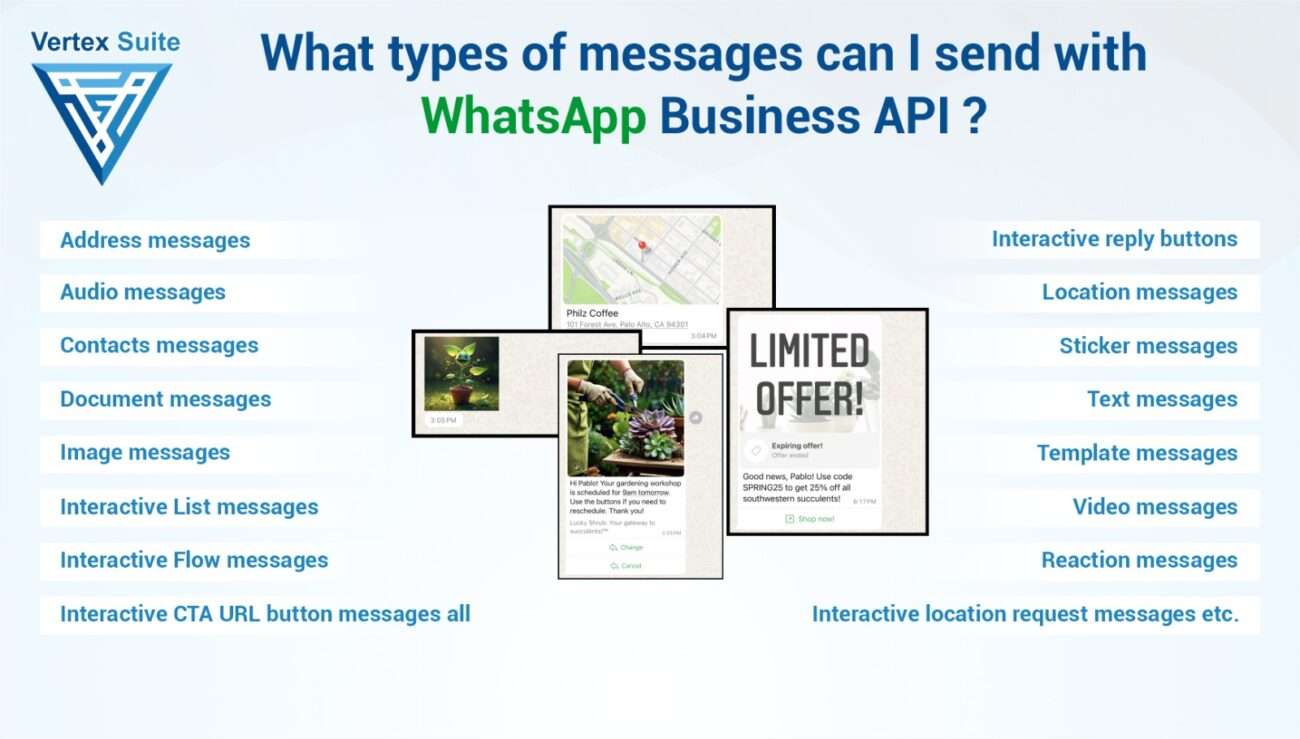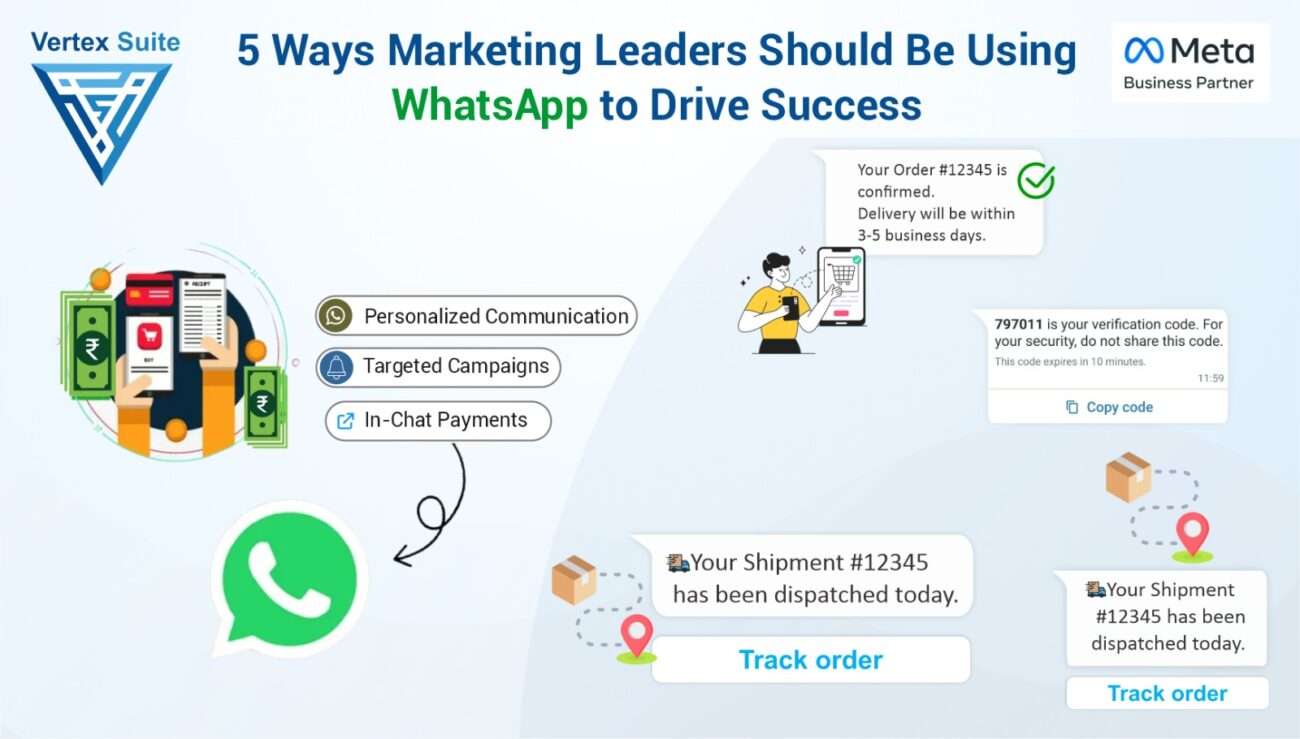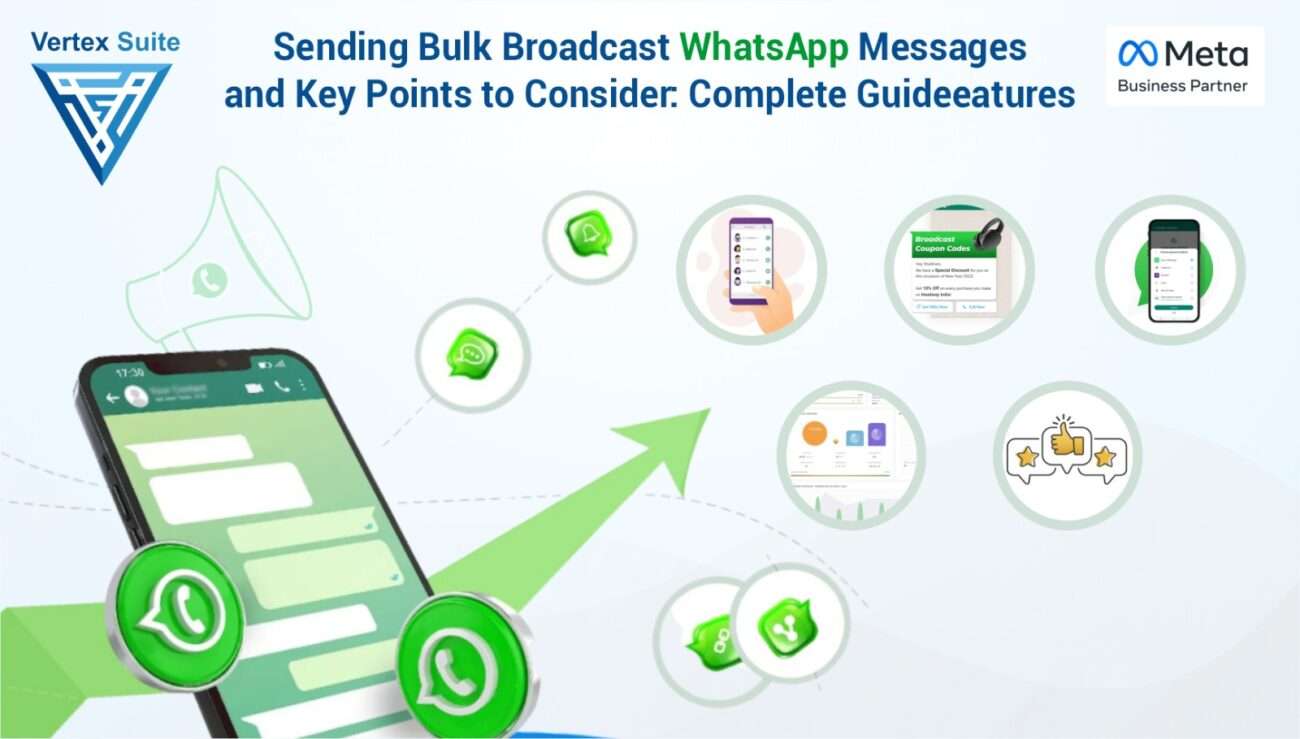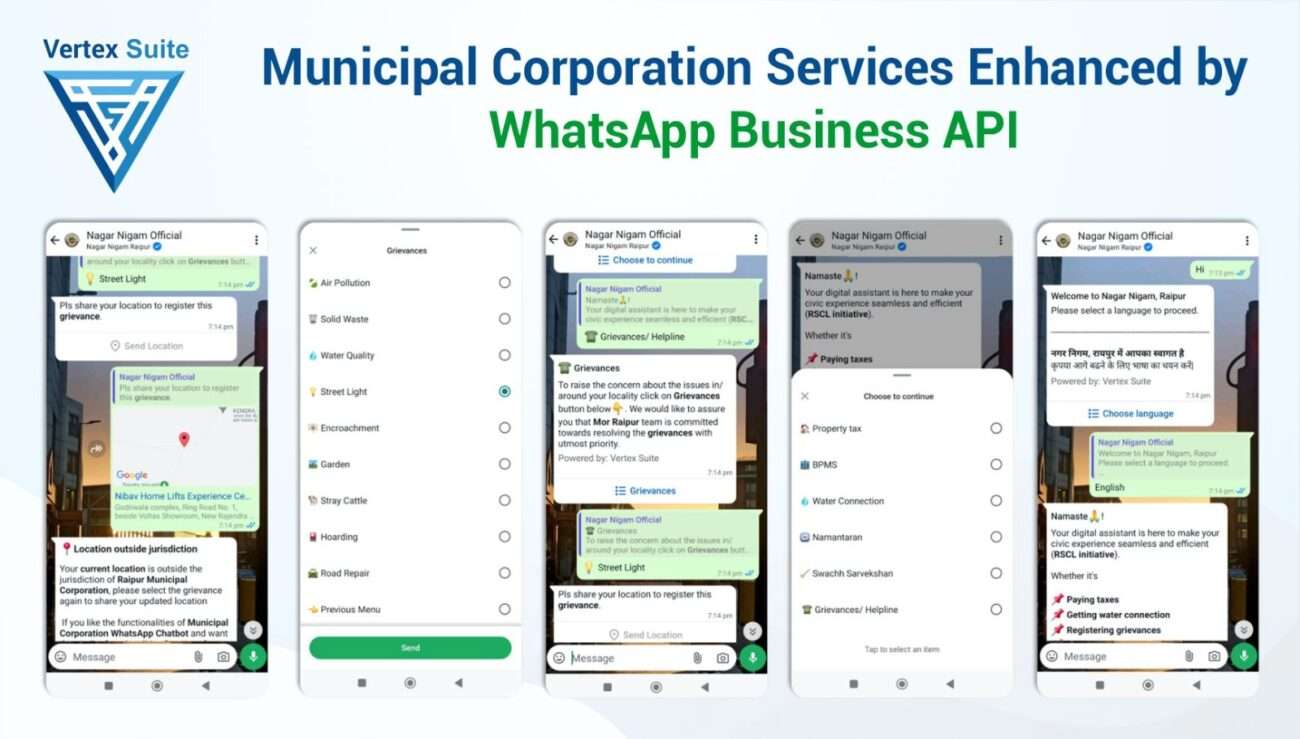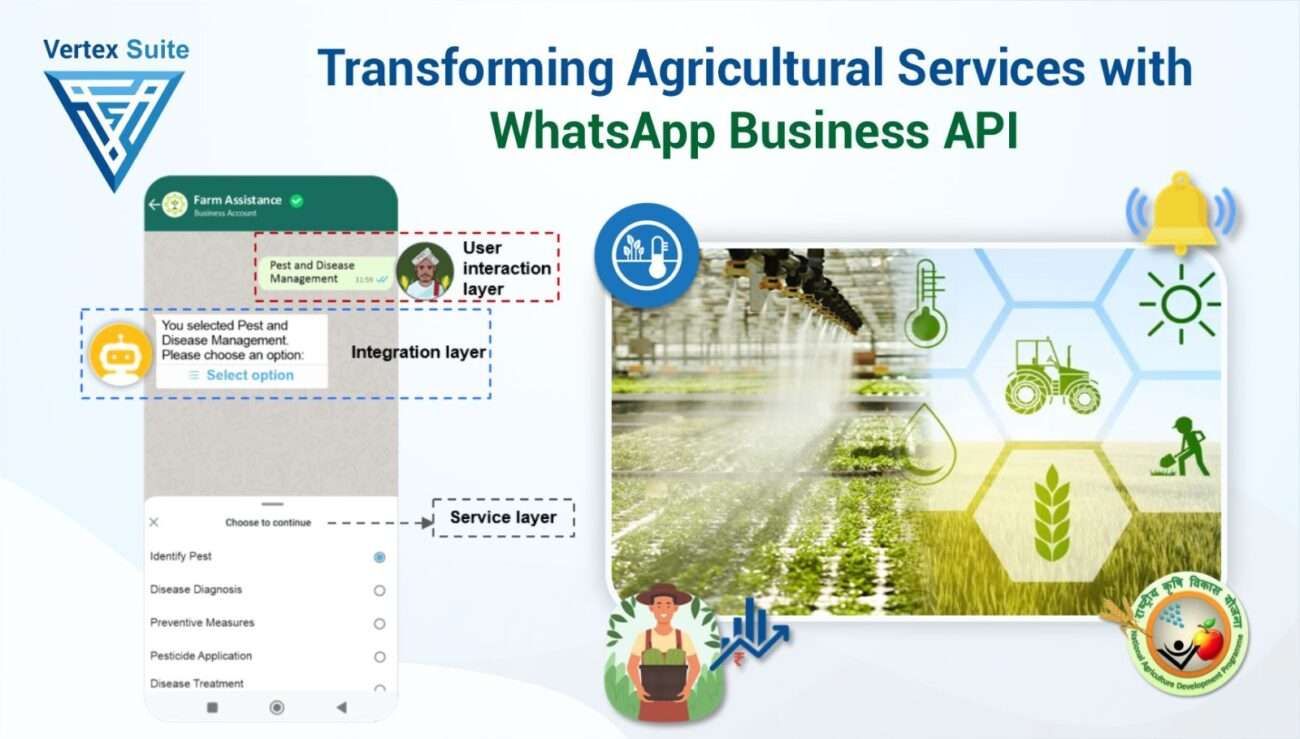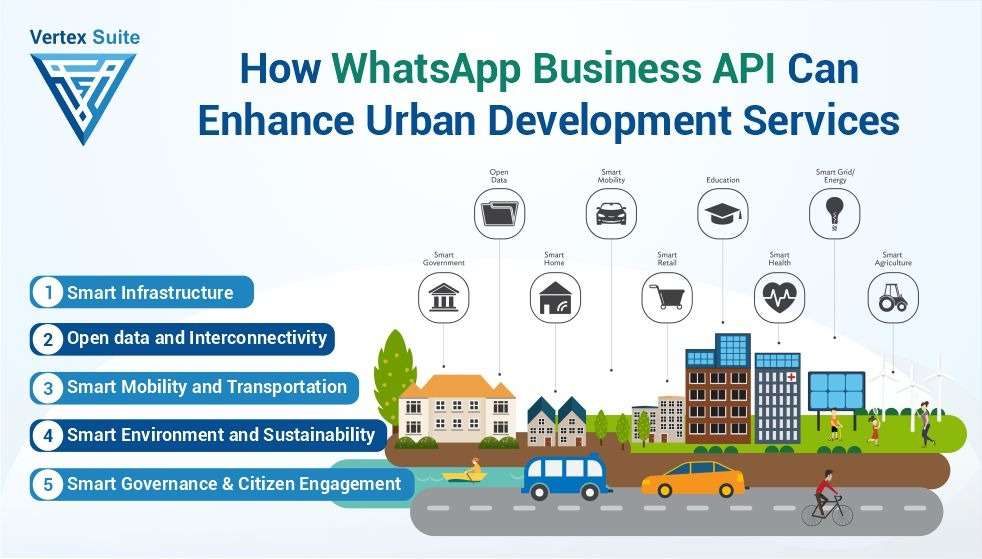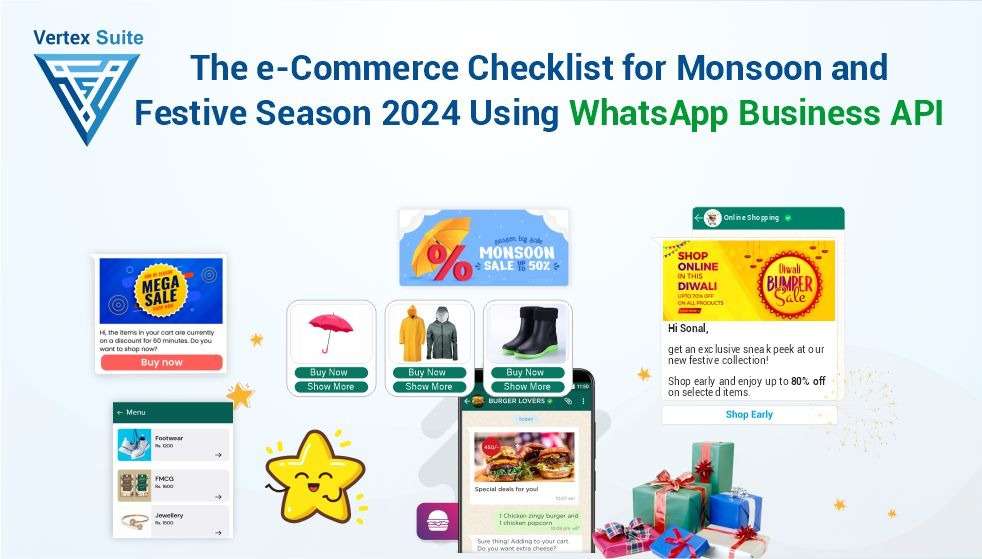The purpose of WhatsApp marketing is to use the WhatsApp messaging platform to promote and communicate with customers or potential buyers. This includes conducting surveys, providing customer support, sending promotional messages, and sharing updates. WhatsApp marketing is used by companies to directly connect with customers, provide personalized communication, and provide timely support. Strategies include creating targeted group chats, addressing questions in real time, building broadcast lists, and sending promotional offers.
Using WhatsApp, companies can create direct channels with their customers, build stronger relationships and increase their loyalty. But it is essential to follow WhatsApp's guidelines on privacy and consent to maintain trust and compliance. Overall, WhatsApp marketing gives companies an effective and successful way to connect with their audience in a more personal and direct way.
How is different from other online social media marketing?
Marketing on WhatsApp is different because it takes a candid and personal approach, which makes it different from other social media marketing strategies. WhatsApp allows businesses to connect with customers one-on-one, unlike sites like Facebook, Twitter or Instagram, where content is often broadcast to a larger audience. This promotes real-time customer support, personal communication and more intimate interactions.
WhatsApp's end-to-end encryption can increase your privacy and security, which can increase the trust of customers and companies. WhatsApp marketing emphasizes building personal relationships and meeting specific customer needs, whereas traditional social media platforms focus on delivering messages to large audiences. Businesses can use WhatsApp as an additional tool in their broader social media marketing strategy to achieve deeper customer engagement and loyalty.
Is this the right platform for marketing your business?
Several factors determine whether WhatsApp is the right platform for marketing your business, including WhatsApp's target audience, marketing goals, and industry. WhatsApp can be very beneficial for businesses that value direct and personal communication with their customers, especially in retail, hospitality, or service-based industries where customer interaction is important.
If your target audience frequently uses WhatsApp and communicates and interacts with them, it may be beneficial to take advantage of WhatsApp marketing. Although, social media platforms like Instagram or Facebook may be more suitable if your audience prefers other platforms or your business relies heavily on video content.
Ultimately, before deciding whether WhatsApp is the right platform for your marketing efforts, you should research the market, analyze your audience's preferences, and consider your business goals. Analyzing the features and limitations of WhatsApp marketing may also suit your needs.
How WhatsApp API helps in marketing your business ?
The WhatsApp API (Application Programming Interface) allows businesses to incorporate WhatsApp messaging capabilities into their marketing strategies, allowing them to communicate more effectively and efficiently with their customers. Here's how the WhatsApp API works in your marketing:
1. Automated messaging:
Can automate business messaging with the WhatsApp API, such as sending transaction information, appointment reminders or order updates. It improves the customer experience and makes communication more efficient.
2. Bulk messaging:
The WhatsApp API lets businesses send bulk messages, making it easy for promotional offers, announcements or updates to reach a large audience.
3. Customer Support:
Businesses can use the WhatsApp API to deliver real-time customer support and resolve questions and issues through chatbots or automated responses. Customers get greater satisfaction and longer response times.
4. Independent communication:
Through the WhatsApp API, companies can send personalized messages based on the customer's preferences, their behavior or past interactions. This different approach fosters stronger relationships and connections.
5. Integration with CRM system:
Integrating WhatsApp API with customer relationship management (CRM) systems allows businesses to seamlessly control customer interactions and track communication history for better follow-up and insights. Is.
6. A variety of media content:
Businesses can send multimedia content such as images, videos or documents through the WhatsApp API, increasing the visual appeal and engagement of marketing messages.
Overall, the WhatsApp API enables businesses to leverage the popularity and functionality of the platform for marketing purposes, allowing them to have more efficient communications, better customer engagement, and better brand visibility.
If I have an e-commerce website then what can I do on it?
If you have an e-commerce website, there are several ways to use WhatsApp for customer engagement and marketing:
1. Order updates and information:
Send order updates, shipping notifications, and delivery confirmations directly to customers' WhatsApp accounts by incorporating the WhatsApp API into your e-commerce platform. This keeps them informed about their purchases in real time.
2. Customer Support:
Provide customer support via WhatsApp by giving a dedicated help number where customers can contact with queries, concerns or issues related to their orders or products. Provide immediate feedback to increase customer loyalty and satisfaction.
3. Advertising Campaigns:
Run advertising campaigns using WhatsApp, such as offering exclusive deals, discounts or flash sales. You can create broadcast lists or target groups to reach specific customer segments.
4. Personalized recommendations:
Use WhatsApp to make specific product recommendations based on customers' purchase history, browsing habits or preferences. This personalized approach can be useful for improving customer experience and increasing sales.
5. Comments and Reviews:
Collect feedback and reviews from customers by sending surveys on WhatsApp or after purchase. Use this feedback to improve your products, services and customer satisfaction.
6. Cross selling and upselling:
Recommend related products or upsell items to customers based on their purchase history or browsing activity on your website via WhatsApp. This can lead to more sales and an increased average order value.
7. Customer Relations:
Connect with your customers on WhatsApp by sharing relevant content, product updates, or the reality of your business. Encourage discussion and debate to build stronger connections with your audience.
By integrating WhatsApp with your e-commerce website and implementing these plans, you can increase customer engagement, improve customer satisfaction, and increase sales for your online business.
How can I avail the services of WhatsApp Business API?
These steps will often need to be followed to benefit from the WhatsApp Business API:
1. Request access:
Visit the WhatsApp Business API provider's website or apply by contacting them directly. You may need to provide information about your business and use case to use the API.
2. Analysis Requirements:
Understand the requirements and guidelines for using the Business API to comply with WhatsApp's privacy, security, and user consent policies.
3. Choose a distributor:
Choose a WhatsApp Business API provider to meet the business needs. There are many authorized providers providing WhatsApp Business API solutions.
4. Setup and Integration:
Work with your existing systems or platforms, such as your website, CRM, and messaging tools, to set up and integrate the WhatsApp Business API with your chosen provider.
5. Approval Process:
You may need to go through a review and approval process by WhatsApp once your application is submitted and your setup is complete.
6. Payments and Calculations:
Be aware of the pricing plans and payment structure when using WhatsApp Business API. Price may depend on message volume and additional features.
8. Use the API:
Once approved and set up, you can start using the WhatsApp Business API for things like sending messages, providing customer service, running marketing campaigns, and more.
It is necessary to follow WhatsApp's rules and guidelines to maintain access to the API throughout the process and maintain user privacy and trust.


